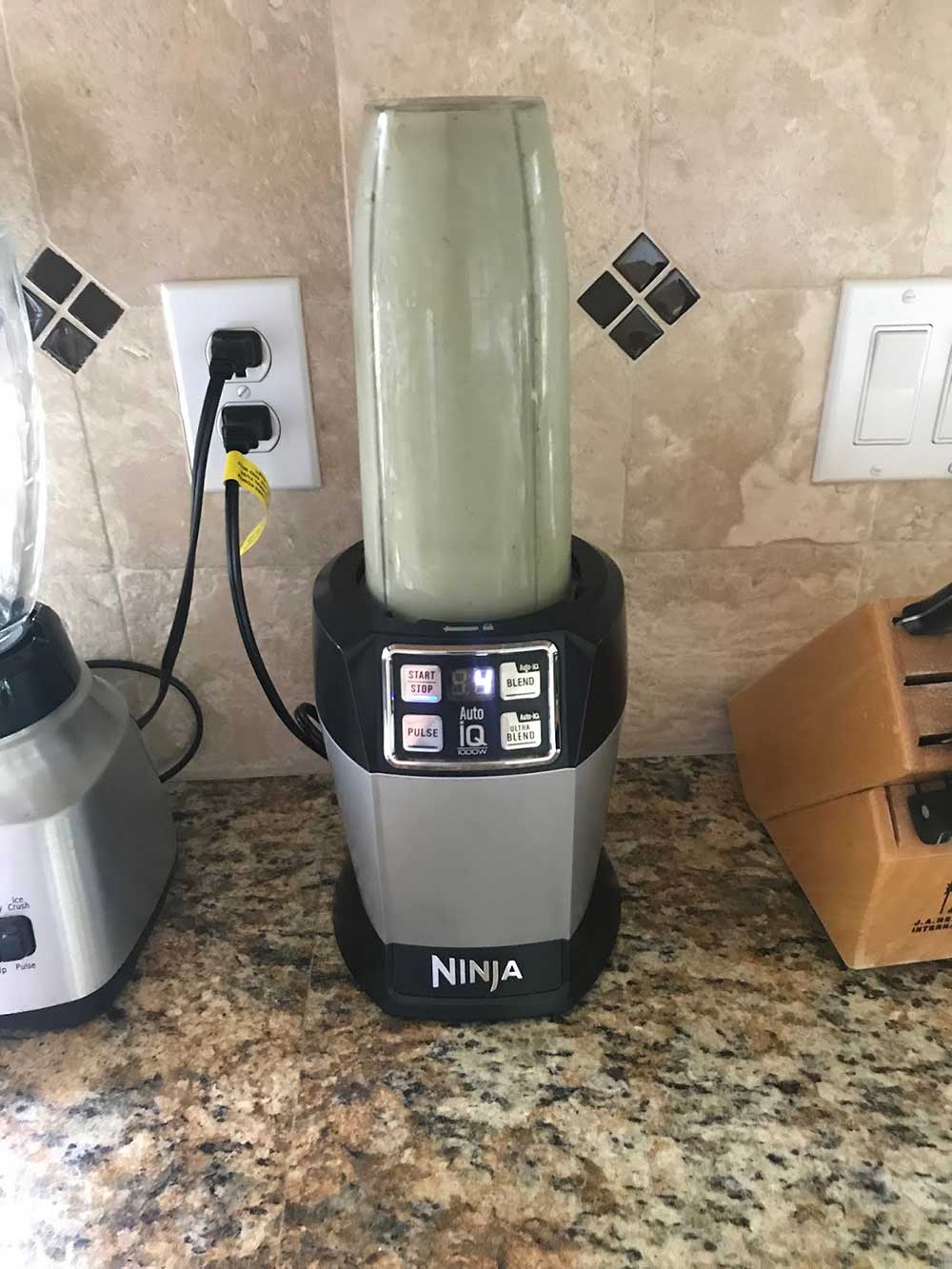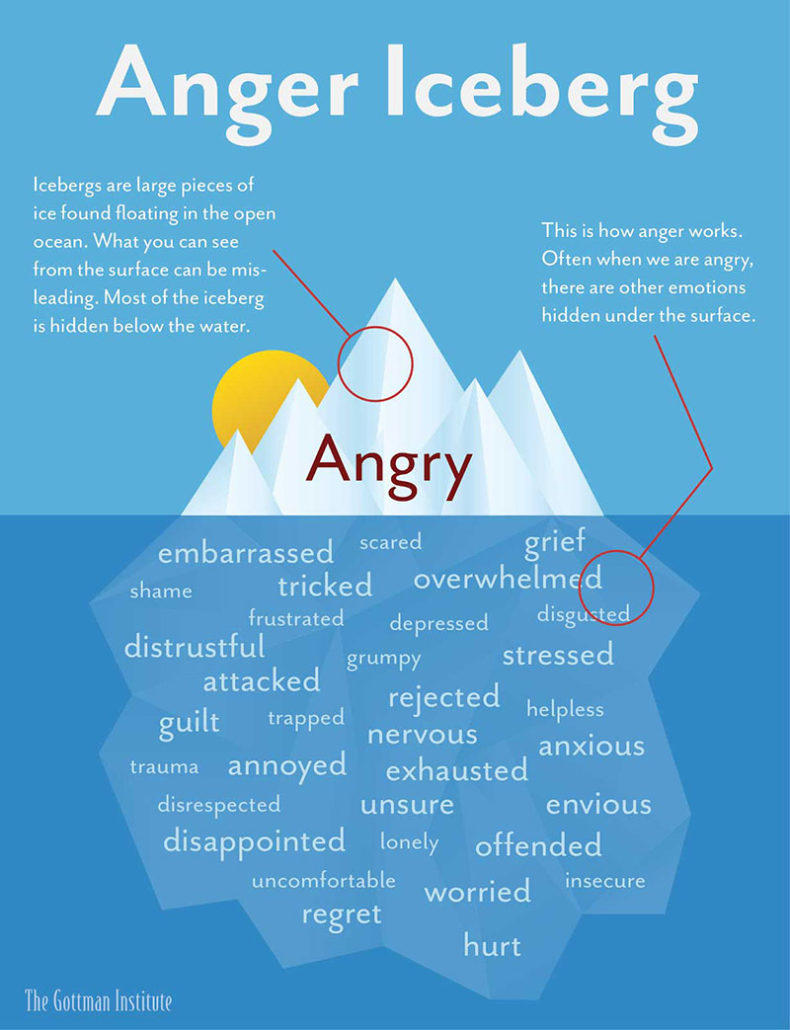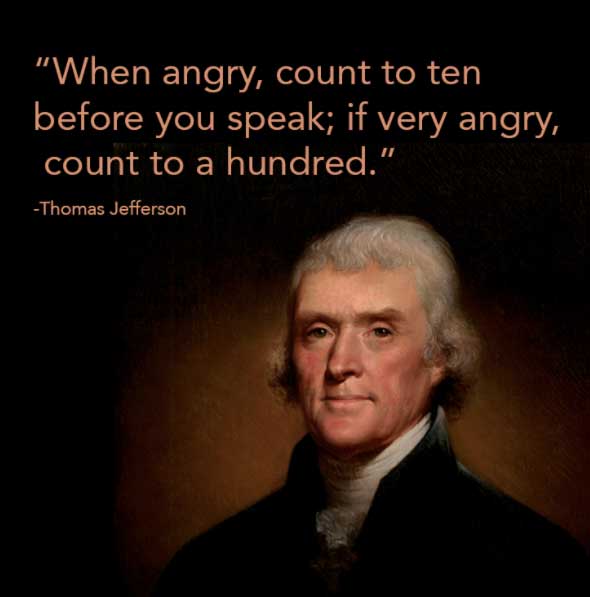
By Randy Moraitis, MA, CIP, BCPC
How To Be Happy
Are you happy? Are you waiting for happiness to find you?
Research shows that winning the lottery won’t help, and despite what fairy tales depict, happiness does not appear magically. Happiness is not something that happens to you but it is something that you can cultivate!
What science tells us
Only a small percentage of the variation in people’s reports of happiness can be explained by differences in their circumstances. It appears that the bulk of what determines happiness is due to personality and — more importantly — thoughts and behaviors that can be changed.
So, yes, you can learn how to be happy — or at least happier.
Although you may have thought, as many people do, that happiness comes from being born rich or beautiful or living a stress-free life, the reality is that people who have wealth, beauty or less stress are not happier on average than those who don’t enjoy those things.
People who are happy seem to intuitively know that their happiness is the sum of their life choices, and their lives are built on the following pillars:
- Devoting time to family and friends
- Appreciating what they have
- Maintaining an optimistic outlook
- Feeling a sense of purpose
- Living in the moment
How to Be Happy–Practice, Practice, Practice
If you’ve been looking for happiness, the good news is that your choices, thoughts and actions can influence your level of happiness. It’s not as easy as flipping a switch, but you can turn up your happiness level. Here’s how to get started on the path to creating a happier you.
Invest In Relationships
Surround yourself with happy people. Being around people who are content buoys your own mood. And by being happy yourself, you give something back to those around you.
Friends and family help you celebrate life’s successes and support you in difficult times. Although it’s easy to take friends and family for granted, these relationships need nurturing.
Build up your emotional account with kind words and actions. Be careful and gracious with critique. Let people know that you appreciate what they do for you or even just that you’re glad they’re part of your life.
Express Gratitude
Gratitude is more than saying thank you. It’s a sense of wonder, appreciation and, yes, thankfulness for life. It’s easy to go through life without recognizing your good fortune. Often, it takes a serious illness or other tragic event to jolt people into appreciating the good things in their lives. Don’t wait for something like that to happen to you.
Make a commitment to practice gratitude. Each day identify at least one thing that enriches your life. When you find yourself thinking an ungrateful thought, try substituting a grateful one. For example, replace “My sister forgot my birthday” with “My sister has always been there for me in tough times.”
Let gratitude be the last thought before you go to sleep. Let gratitude also be your first thought when you wake up in the morning.
Cultivate Optimism
Develop the habit of seeing the positive side of things. You needn’t become overly optimistic — after all, bad things do happen. It would be silly to pretend otherwise. But you don’t have to let the negatives color your whole outlook on life. Remember that what is right about you almost always trumps what is wrong.
If you’re not an optimistic person by nature, it may take time for you to change your pessimistic thinking. Start by recognizing negative thoughts as you have them. Then take a step back and ask yourself these key questions:
- Is the situation really as bad as I think?
- Is there another way to look at the situation?
- What can I learn from this experience that I can use in the future?
Find Your Purpose
People who strive to meet a goal or fulfill a mission — whether it’s growing a garden, caring for children or finding one’s spirituality — are happier than those who don’t have such aspirations.
Having a goal provides a sense of purpose, bolsters self-esteem and brings people together. What your goal is doesn’t matter as much as whether the process of working toward it is meaningful to you.
Try to align your daily activities with the long-term meaning and purpose of your life. Research studies suggest that relationships provide the strongest meaning and purpose to your life. So cultivate meaningful relationships.
Are you engaged in something you love? If not, ask yourself these questions to discover how you can find your purpose:
- What excites and energizes me?
- What are my proudest achievements?
- How do I want others to remember me?
Live In the Moment
Don’t postpone joy waiting for a day when your life is less busy or less stressful. That day may never come.
Instead, look for opportunities to savor the small pleasures of everyday life. Focus on the positives in the present moment, instead of dwelling on the past or worrying about the future.
Check out this brief video on how to develop a very happy brain by: Amit Sood, MD:
Thank you to the Mayo Clinic for the info in this blog post!
Phone: 949-303-8264
Email: randy@randymoraitis.com
Website: www.randymoraitis.com
Facebook: https://www.facebook.com/RandyMoraitisCoach/
Twitter: @rmoraitis
About Randy Moraitis, MA, CIP, BCPC
Randy is married to Kim and they live in Laguna Niguel. Together they have a blended family of five adult children and three beautiful grandchildren. (If you don’t believe Randy, he will gladly show you pictures!)
Randy is a Certified Intervention Professional (CIP) and expert in helping families and individuals affected by addiction and/or mental health issues through counseling, coaching and interventions. He is a multi award-winning leader in the behavioral health industry and the leader of the acclaimed recovery program Lifelines and the nonprofit foundation CarePossible.
Randy is a Board Certified Pastoral Counselor and is both licensed and ordained. He has five professional coaching certifications and loves working with clients on executive coaching, life coaching, wellness coaching, and recovery coaching. Randy has a master’s degree with emphasis in theology and counseling, a bachelor’s degree in management and leadership, and numerous certificates including a certificate in health and fitness with emphasis in exercise physiology and sports psychology from UC Irvine. He has been leading groups, individuals and families to mental, physical, emotional, and spiritual health in Orange County for over 25 years. His office is located in Laguna Niguel, CA.





 Did you know that anxiety disorders are the most common mental illness in the U.S., affecting 40 million adults in the United States age 18 and older, or 18.1% of the population every year. Anxiety disorders are highly treatable, yet only 36.9% of those suffering receive treatment. And people with an anxiety disorder are three to five times more likely to go to the doctor and six times more likely to be hospitalized for psychiatric disorders than those who do not suffer from anxiety disorders. It’s not uncommon for someone with an anxiety disorder to also suffer from depression or vice versa.
Did you know that anxiety disorders are the most common mental illness in the U.S., affecting 40 million adults in the United States age 18 and older, or 18.1% of the population every year. Anxiety disorders are highly treatable, yet only 36.9% of those suffering receive treatment. And people with an anxiety disorder are three to five times more likely to go to the doctor and six times more likely to be hospitalized for psychiatric disorders than those who do not suffer from anxiety disorders. It’s not uncommon for someone with an anxiety disorder to also suffer from depression or vice versa.
 A very basic description of pharmacogenomics is that based on genetics, people have one of four different levels of metabolizing drugs: Poor Metabolizer, Intermediate Metabolizer, Extensive (“Normal”) Metabolizer and Ultra Rapid Metabolizer. One’s level of metabolizing determines which drugs are best for that patient.
A very basic description of pharmacogenomics is that based on genetics, people have one of four different levels of metabolizing drugs: Poor Metabolizer, Intermediate Metabolizer, Extensive (“Normal”) Metabolizer and Ultra Rapid Metabolizer. One’s level of metabolizing determines which drugs are best for that patient.






